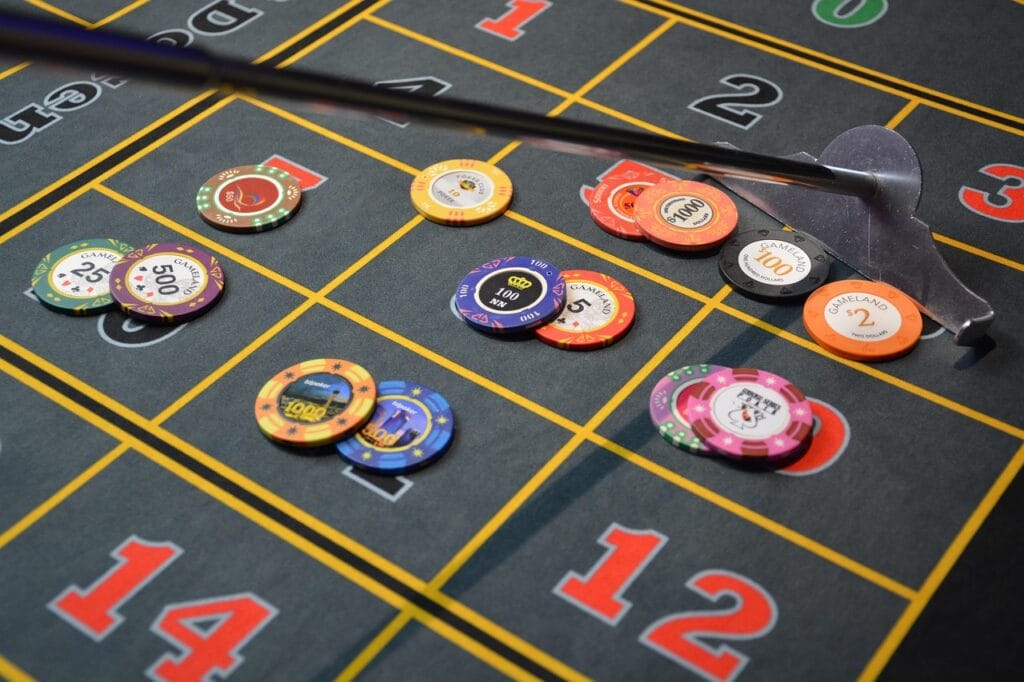The poker economy in India has taken a dramatic turn in 2025. Earlier this week, the Centre passed the Promotion and Regulation of Online Gaming Bill, 2025, introducing a blanket ban on all real-money gaming platforms, including poker.
The Bill, passed swiftly in the Lok Sabha and then in the Rajya Sabha, received presidential assent and was officially notified in the gazette. The only step left is the government’s notification of when the law will come into force. Once active, any app or platform offering money-based games in India will be considered illegal.
The government argued that such platforms have led to financial distress, family savings, rising indebtedness among youth, and even cases of suicide. By banning real-money gaming, the Bill seeks to curb addiction, social harm, and reckless financial behavior.
Also Read: Brandon Mitchell Crowned Arizona State Poker Champion with $525,700 Win

What the Ban Means for Poker Platforms
For poker, the implications are clear: once the Act is enforced, online poker rooms in India will no longer be legal. Platforms such as Adda52, Spartan Poker, and PokerBaazi, which had been driving the local poker economy, will be forced to shut down.
The Bill impacts not just poker but all money-based platforms, including Dream11, Games24x7, Winzo, GamesKraft, 99Games, KheloFantasy, and My11Circle. They, too, must cease operations or face penalties and punishment.
Interestingly, the Bill still promotes social gaming and esports, which may see growth as poker exits the regulated space. However, this effectively means the end of real-money poker within India’s borders for now.
The Rise of Indian Poker Talent Abroad
While the ban restricts domestic platforms, Indian players are still finding ways to compete globally. Many travel to Las Vegas, Macau, and Barcelona to play in WSOP, WPT, and EPT events. The demand for poker knowledge and training remains strong, with players turning to solvers, AI tools, and online study groups to stay competitive internationally.
The absence of legal online poker in India could push more ambitious grinders to relocate or explore international tournaments. For a growing community of skilled players, the world stage now becomes their main arena.
Live Poker Makes a Strong Comeback
While online poker is thriving, live poker has also regained momentum. Major cities like Las Vegas, Macau, Barcelona, and Manila are hosting packed events. High rollers and casual players alike are returning to the tables.
The European Poker Tour (EPT) in Barcelona drew record numbers this summer, while the Triton Poker Series continues to showcase million-dollar pots. Live poker is once again a global spectacle, blending competition with entertainment.
The Role of Streaming and Content
Poker streaming is a massive contributor to the poker economy. Platforms like Twitch and YouTube have turned professional players into content creators. Fans tune in not only to watch hands unfold but also to learn strategy and enjoy the entertainment.
Players such as Daniel Negreanu, Lex Veldhuis, and Spraggy attract hundreds of thousands of viewers. These streams generate sponsorship deals, affiliate partnerships, and brand visibility. Content is no longer secondary; it is now a pillar of poker’s growth.
Sponsorships and the Business Side
Poker operators are investing heavily in ambassadors and sponsorships. In 2025, partnerships between online poker sites and esports organizations are common. This crossover brings poker to new demographics and markets.
Casinos are also stepping up, building poker festivals that blend gaming, music, and lifestyle. The result is a richer ecosystem where poker is marketed as both a sport and an experience.

The Impact of Technology
Technology continues to shape the poker economy. Advanced AI solvers, HUDs, and training platforms are helping players improve their game. However, operators are also tightening regulations to ensure fairness and integrity.
Blockchain technology is reshaping payment systems, offering faster and more secure transactions. Crypto poker rooms are now a serious player in the market, appealing to investors and digital natives.
Challenges Ahead
Despite strong growth, challenges remain. Regulatory restrictions in certain regions limit online poker’s expansion. Additionally, concerns about problem gambling and game integrity continue to be addressed.
Still, the poker industry has shown resilience. By adapting to new technologies, expanding to new markets, and creating more accessible formats, poker is set for sustainable growth.

Conclusion
The poker economy in 2025 is stronger than ever. Online platforms are breaking records, live tournaments are thriving, and streaming content is attracting millions of fans. Sponsorships, technology, and innovation continue to fuel the industry’s growth.
For players, this means more opportunities, bigger prize pools, and a global stage to showcase their skills. The game of poker has not only survived but also evolved into a multi-billion-dollar industry with a bright future ahead.
Also Read: Get Ready for Ten Days of Poker Madness at APT Jeju 2025
FAQs
Q1. What does the Online Gaming Bill, 2025, mean for poker in India?
It bans all real-money gaming, including online poker platforms, making them illegal once enforced.
Q2. Which poker tours are leading in 2025?
The WSOP, EPT, WPT, and Triton Poker Series remain the most prominent tours.
Q3. Are Indian players still competing internationally?
Yes, many continue to travel abroad for WSOP, EPT, and WPT events.
Q4. How is the global poker market performing in 2025?
Globally, poker is thriving with record participation in WSOP Online, EPT, WPT, and Triton events.
Q5. What alternatives exist for Indian players now?
Social gaming and esports will remain legal, while serious grinders may focus on international tournaments.
Stay with us for better poker news, live updates, and exclusive insights into the evolving poker economy.


9 Comments
Pingback: Andrew Robl Captures $900K and Second Cash of the Titans Crown in PokerGO Showdown
Pingback: India’s Online Gaming Ban 2025: A23 Files First Major Legal Challenge
Pingback: Poker Memes That Hit the Jackpot of Laughter
Pingback: PartyPoker Migrates to iPoker
Pingback: How the 2025 Gaming Law Could Reshape Poker Careers
Pingback: Boost Your Poker Game with Engaging Talks
Pingback: Clubs Poker: The Mixed Games Leader
Pingback: Deep vs. Shallow Poker Study: What Really Wins
Pingback: Eden Awakens: Poker Ascends in Gods of Poker